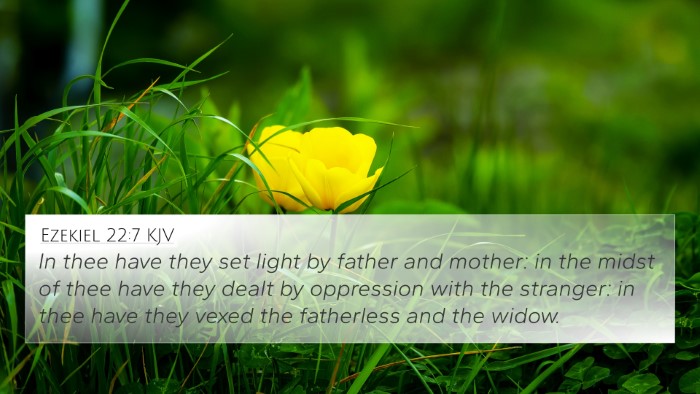Meaning and Interpretation of Colossians 3:20
Colossians 3:20 reads: "Children, obey your parents in everything, for this pleases the Lord."
This verse addresses the behavior of children towards their parents, emphasizing obedience and honoring familial authority. It not only provides a directive for children but also connects deeply with broader Biblical themes of authority, respect, and divine approval.
Contextual Background
Paul's epistle to the Colossians clearly lays out the importance of Christian households and relationships. Within this context, he urges children to obey their parents, depicting it as not just a societal expectation but a spiritual imperative. Recognizing the early Christian community's need for guidelines on family dynamics, Paul emphasizes obedience as part of living a life that is pleasing to the Lord.
Commentary Insights
Matthew Henry's Commentary highlights that children’s obedience is foundational in building a respectful and godly family structure. He points out that this directive could also be seen in light of the fifth commandment, reinforcing the idea of honoring one’s parents as a vital principle of faith.
Albert Barnes observes that obeying parents "in everything" suggests that children should follow their parent's guidance unless it contradicts God's commands. Such obedience will foster a harmonious home environment and spiritual growth.
Adam Clarke remarks that this verse also presupposes responsible parenthood, calling for a reciprocal respect and care from parents that warrants honorable obedience from the children. This mutual respect is integral to healthy family relations.
Cross-References of Colossians 3:20
- Ephesians 6:1-3: Similar emphasis on children obeying their parents, highlighting the promise of long life as a benefit.
- Exodus 20:12: The fifth commandment that commands honoring one's parents, showing continuity from the Old Testament.
- Proverbs 1:8: A call to heed parental instruction, illustrating the value of wise counsel from parents.
- Proverbs 6:20: An encouragement to keep the commandments of parents as a guiding principle for a righteous life.
- 1 Timothy 5:4: Advises honoring one’s family, including parents and widows, emphasizing the importance of care and respect.
- Colossians 3:21: Following verse advising fathers not to provoke their children, indicating a balance of authority and love.
- Luke 2:51: Example of Jesus' obedience to His earthly parents, underscoring the principle of obedience in a godly life.
Thematic Connections
This verse connects with broader Biblical themes of:
- Authority: The recognition of parents as representatives of God's authority within the home structure.
- Respect: The ethical and moral imperative to respect familial relationships as part of a faithful Christian life.
- Spiritual Growth: How obedience leads to blessings and a life that aligns with God's will.
Practical Applications
For today’s readers, understanding Colossians 3:20 involves recognizing how these scriptural teachings apply in contemporary settings:
- Encouraging open communication within familial relationships based on mutual respect.
- Highlighting the importance of parental guidance in moral and spiritual development.
- Recognizing situations where obedience must be balanced with accountability, especially if parents depart from biblical teachings.
Conclusion
Colossians 3:20 serves as a reminder that the Christian life is not just individual but communal, involving the dynamics of family. The interconnectedness of this verse with various scriptures illuminates God’s design for familial relationships and emphasizes obedience as a path to divine approval. For deeper insights into Bible verses, tools for Bible cross-referencing like concordances and Bible cross-reference guides can enhance your understanding of the Scriptures and their relational contexts.
Further Study
Engaging with Bible cross-references can reveal intricate links within scripture, helping believers explore:
- How to find cross-references in the Bible.
- Identifying connections between the Old and New Testament.
- Comparative studies of Pauline epistles.






















